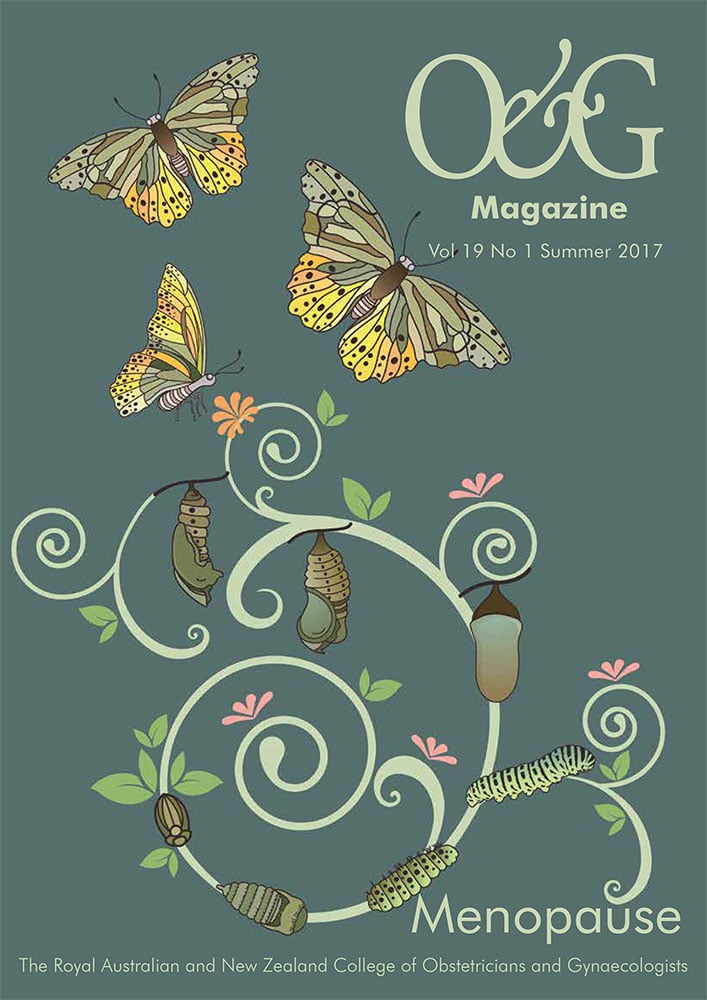Dr Ralph Denison Upton
(1926 – 2016)
Ralph Denison Upton was born in 1926 to Ralph and Vera Upton. He commenced the study of medicine at Sydney University in 1946. He was at Wesley College and a member of the University Rifle Club, representing the University and Wesley in shooting, receiving a Rifle Blue and an Imperial Blue (1950).
Following graduation from medical school in 1952, Ralph was a Junior Resident Medical Officer at Bathurst from 1952–53 and a Senior Resident Medical Officer at the Royal Melbourne Hospital from 1953–55, before being appointed a registrar position at the Women’s Hospital, Crown Street during 1955–56. He then went to the UK and spent four years at Hammersmith and Manchester Hospitals, gaining his membership of the Royal College of Obstetricians and Gynaecologists (MRCOG) in 1958 and Fellowship of the Royal College of Surgeons (FRCS) in 1960.
Returning to Sydney, Ralph attained Fellowship of the Royal Australasian College of Surgeons in 1960 and was appointed to the Royal Hospital for Women and Prince Henry Hospital as a Hospital Medical Officer (later Visiting Medical Officer). He was a member of the Australian Medical Association and foundation Fellow of the Royal Australian College of Obstetricians and Gynaecologists.
Outside of medicine, he had a wide range of interests. He joined the Royal Australian Naval Volunteer Reserve in 1960, rising to the rank of Surgeon Commander, and was awarded the Volunteer Reserve Decoration. He had farming and grazing interests and undertook a diploma course on Farm Management through the University of Sydney, Orange Agricultural College in 1996. He also had a pilot’s licence with command rating and would fly himself and friends to various country areas.
He had a metal lathe with which he made stands for the World Congress on Obstetrics and Gynaecology, held in Sydney in 1967. He also invented a number of instruments, including modified Harrison-Cripps forceps, which were useful for artificial rupture of membranes.
Ralph had very firm principles and notably challenged the NSW Health Commission and its requirement that all Visiting Medical Officers retire at age 65. Ralph won the case using the argument of age discrimination, thus setting a precedent. Significantly, he did not retire until he was 71 (on principle).
Ralph married Dawn McLeish, the widow of a very close friend and colleague, Graeme, and inherited an extended family that he greatly enjoyed. He died on 4 July 2016.






Leave a Reply